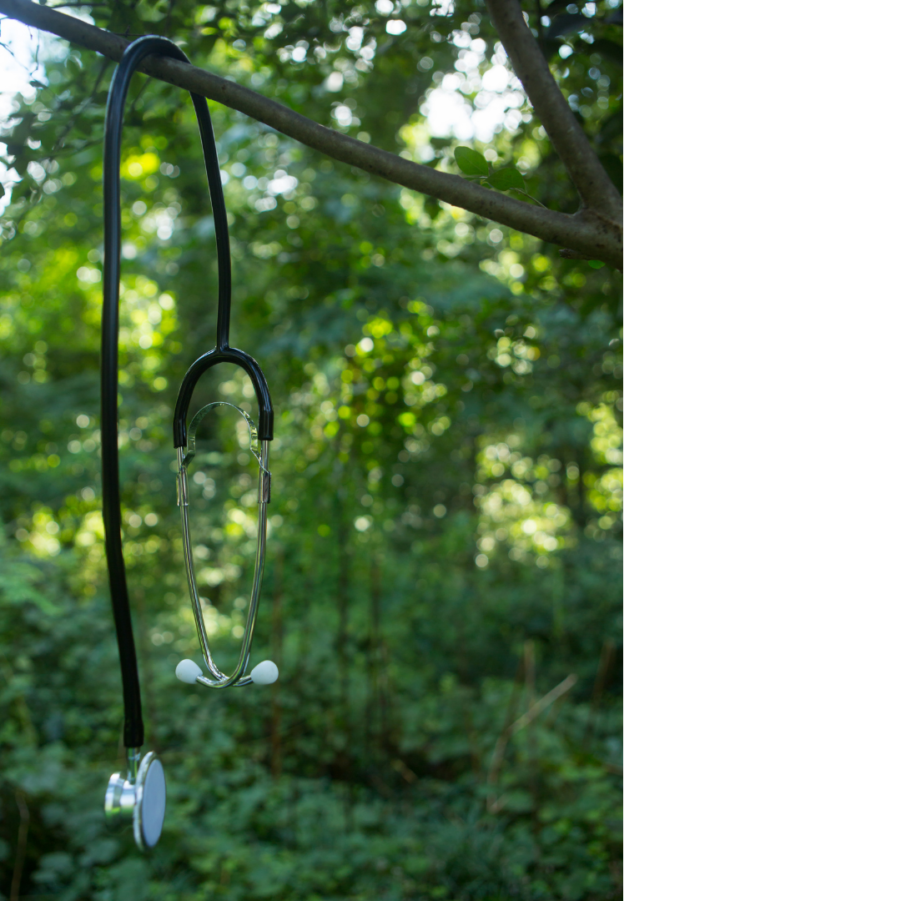For many people, nature helps us slow down and escape the pace and stress of our lives. For others, it’s an opportunity for mountain biking, backpacking, climbing, or birdwatching. Beyond that, an increasing number of people are going outside based on their doctor’s orders. In other words, they’re spending time in nature to benefit their health. Although this may sound strange to some, it’s certainly nothing new. For instance, the practice of shinrin-yoku or forest-bathing became popular as early as the 1980’s in Japan. In recent decades, popular interest in the health benefits of nature has surged. Social media and websites throw around wild claims about the positive effects of time outside. But how can nature actually improve your health?
Fascinated by this prospect, I dug through the medical academic literature on nature’s health benefits to see what we really know. In my new post series on Nature and Health, I’ll share with you all I’ve learned, topic by topic. In this first post, let’s dive into how nature can improve your physical, bodily health. After that, you may want to check out my follow-up post on nature’s benefits for mental health. First, let’s dig into the science of what nature does for our bodies.
It reduces inflammation
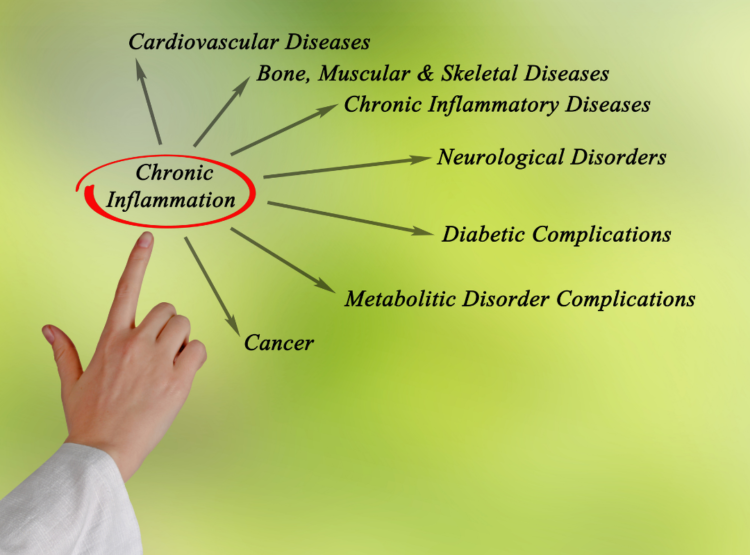
Inflammation, like stress, is another condition in our bodies that can cause loads of different ailments. Although it typically to protects our bodies in certain situations, it is a problem when it becomes chronic (long-term). This can happen due to excessive stress or air pollutants from crowded urban environments. Scientific research shows a strong connection between chronic inflammation and cardiovascular diseases, depression, and diabetes, among other things.
Taking a walk outside can decrease elevated glucose levels and special inflammatory proteins called cytokines in the blood. Ultimately, it is thought that these changes in our blood can reduce the risk of diabetes and other inflammation-related problems. Spending time in nature probably reduces inflammation in three ways:
- Providing fresh, clean air to breathe, containing fewer pollutants that may cause inflammation
- Exposing us to phytoncides, organic chemicals released by plants that have many beneficial properties, including reducing inflammation.
- Making people feel less stressed and more at ease, which can prevent chronic or unhealthy inflammation
It prevents vision loss
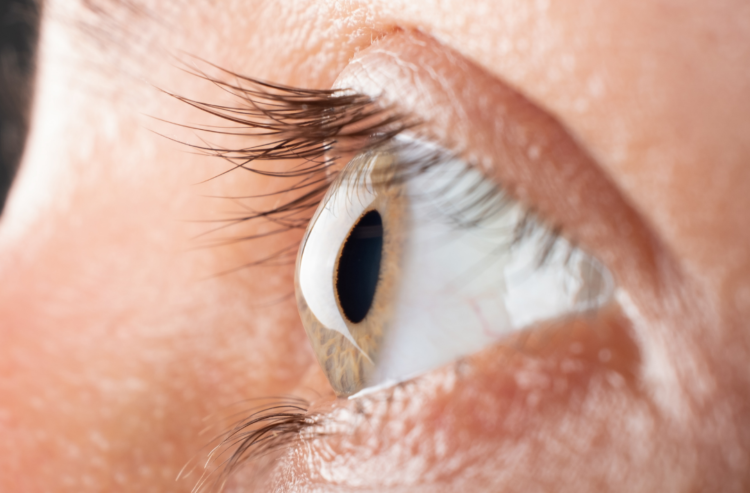
More and more people worldwide are suffering from myopia, or near-sightedness. Research shows that excessive screen-time is to blame, but nature may protect us from those negative effects. Studies on children and young adults found that spending more time outdoors decreased the development of myopia. Interestingly, this effect was linked only to spending time outside, and not to levels of activity. In other words, playing sports outside provided similar benefits to birdwatching or taking a hike.
It controls blood pressure

High blood pressure is a major global health challenge affecting billions of people worldwide. Because of this, finding ways to help people control or lower their blood pressure is very important. Since our heart moves essential blood around our bodies, blood pressure issues lead to lots of problems. Blood pressure that is too high or too low leads to problems like:
- Heart disease and heart failure
- Kidney problems due to weakened blood vessels
- Brain aneurysms
- Dementia
- Stroke
- Heart attacks
- Dizziness & nausea
Fortunately, getting outside and into nature also helps regulate blood pressure. Because of this, something as simple as spending a couple hours a week outside can help us avoid a load of different health problems. Scientists have found that people with high blood pressure or heart rates show a decrease to healthier levels after spending time in nature. On the other hand, where people’s blood pressure was too low, it increased to healthy levels.
It lowers stress levels
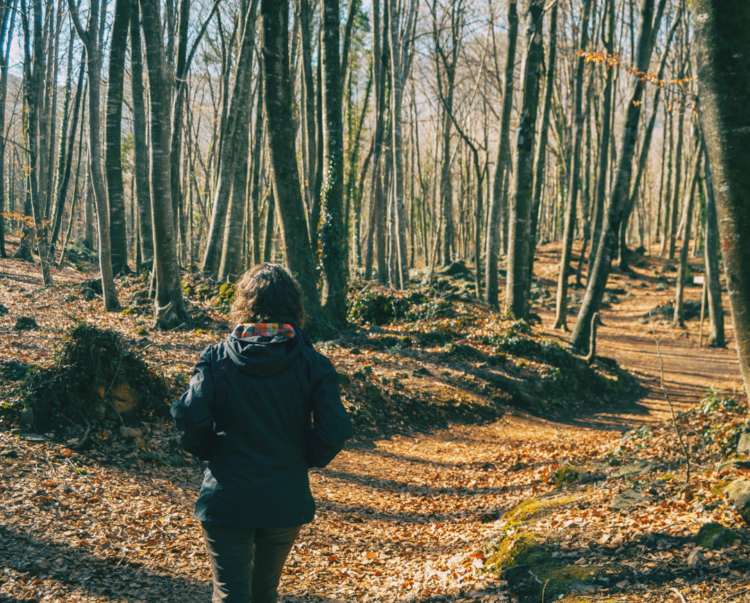
Stress is one of the most widespread and under-recognized health concerns in the modern world. In fact, the American Psychological Association recently reported that people in the United States are experiencing unprecedented levels of stress. Stress can cause loads of health problems, from migraines to autoimmune diseases. Fortunately for us, stress reduction is one of the best-studied benefits of time outside.
Scientists have been studying nature’s stress-reduction effects since at least the 1980’s. Across hundreds of studies, the results are consistently positive. For example, people report feeling less stressed after spending as little as 10-20 minutes in a natural setting. This even holds true for people experiencing chronic stress while fighting cancer.
However, beyond people’s experience of stress, other studies documented decreases in signs of stress within our bodies. Specifically, people who spent time outside, looked at soothing nature pictures, or listened to birdsong showed lower heart rates and decreased stress hormone levels in their bodies.
It accelerates healing

Nature exposure may also help our bodies heal from injuries, surgeries, or other physical trauma. As early as the 1980’s, researchers found evidence that nature accelerates the body’s natural healing and repair processes. For example, one study found that even having a window view of a natural area helped people recover quicker after surgeries. A more recent study in New Zealand observed similar effects after hip surgeries for people with better access to natural areas.
It boosts vitamin D
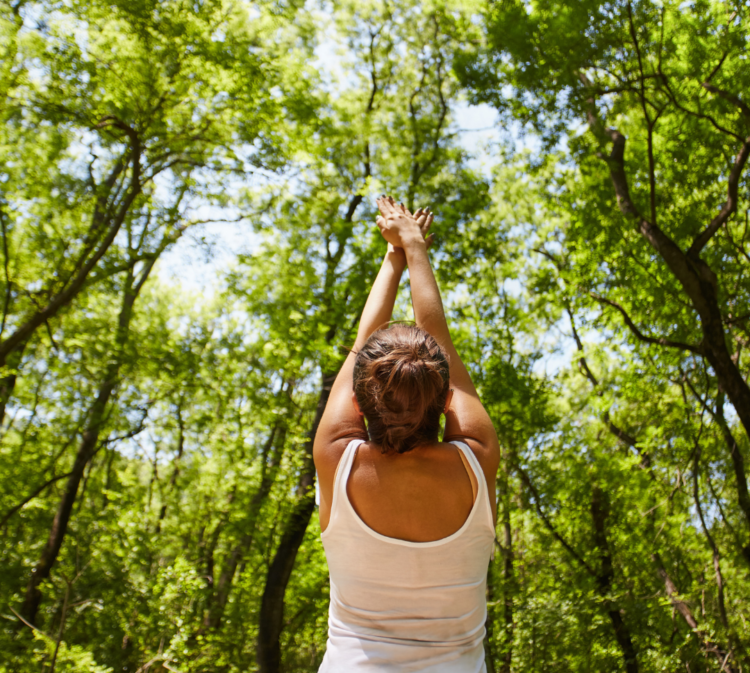
Spending time outside also increases levels of vitamin D, an essential nutrient, in our bodies. When our skin is exposed to even moderate levels of sunlight, it begins a process to build this vitamin in our bodies. In as little as 15-20 minutes of outdoor time a day, we can get enough vitamin D for many aspects of good health.
These include things like stronger bones and a strong immune system. Beyond that, healthy levels of vitamin D are associated with decreased risks for several types of cancer. Getting enough vitamin D is especially important for older people, especially women, who are higher risk of osteoporosis. Because vitamin D plays an important role in so many parts of our bodies, time outside in nature can improve many aspects of our health.
It improves our sleep

Sleep is central to many aspects of our brain and body health. In general, it is how our bodies restore and recover from our daily activities. Unfortunately, many aspects of modern life including hectic schedules, stress, and artificial lighting make good sleep harder to come by. When we aren’t sleeping well, we feel tired and sluggish. Beyond that, we become more vulnerable to disease and a whole slew of mental illnesses.
The universal importance of sleep to our health means that people spend a lot of time looking for ways to sleep better. As it turns out, one of the best and most effective sleep aids is getting out in nature. In a study across hundreds of thousands of U.S. adults, those with better access to natural areas reported having better sleep. In experimental studies, people who took nature walks had an easier time falling asleep, and slept longer, than those who walked in urban environments.
These benefits also extend to people who have pre-existing sleep problems. For example, a study in Korea showed that menopausal women suffering from insomnia slept faster, longer, and more efficiently after spending time in a forest environment. These benefits were the same for people fighting gastrointestinal cancers that made sleeping difficult.
If you’re having trouble getting some shuteye, consider a calming walk in an outdoor place before you turn to other alternatives.
It helps fight disease

Going outside can also help your body fight off diseases. Many of the benefits that I mentioned above, including boosting vitamin D and reducing stress, help your immune system function better. Beyond that, more recent research suggests that the air we breathe outside can protect us from illnesses. The phytoncide chemicals I mentioned above, along with a special bacterium called Mycobacterium vaccae can both boost immunity.
Perhaps unsurprisingly, spending more time outside also protected people during the COVID-19 pandemic. This wasn’t just because of social distancing, either. A series of recent studies provide mounting evidence that nature access reduced COVID deaths. One team of researchers even demonstrated how phytoncides and other plant chemicals present in forest air could interfere with the coronavirus and reduce its ability to infect cells in our bodies.
It keeps us active
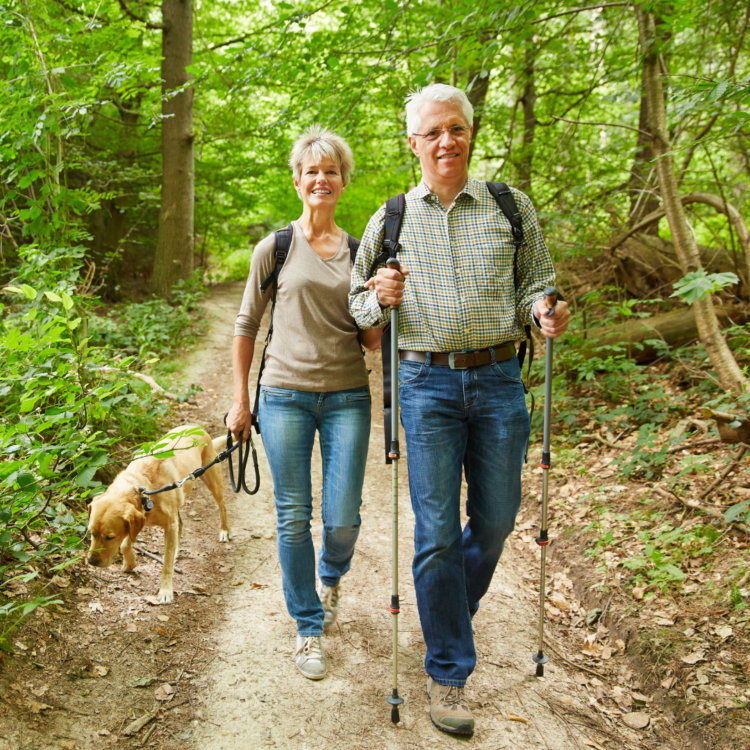
Although you don’t have to be athletic, or a thrill-seeker to enjoy nature, going outside always involves some activity. On the lighter end, I enjoy a light stroll around a natural area to clear my head. Alternatively, I might bike or walk to my favorite sit-spot to watch nature there.
On the athletic side, trail-running, mountain biking, and climbing can help you really get your sweat on. There are lots of good ways to get moving in nature, and doing so in a beautiful outdoor space makes it more enjoyable.
Regardless of your level of activity, keeping your body active is essential to good health. Staying active reduces disease risk, improves brain health, and maintains and strengthens muscle and bone. One of the greatest things about spending unstructured time in nature is that you can set the pace. Different degrees of activity are healthier for different people.
By spending time in nature, you can increase your activity and get great health benefits while connecting with the outdoors.
Thanks for reading about how nature can improve your health!
Has time in nature helped you stay healthy? I’d love to hear about it in the comments! If you have additional questions or topics you’d like to see explored on Gulo in Nature, be sure to drop me a line using the contact page.

